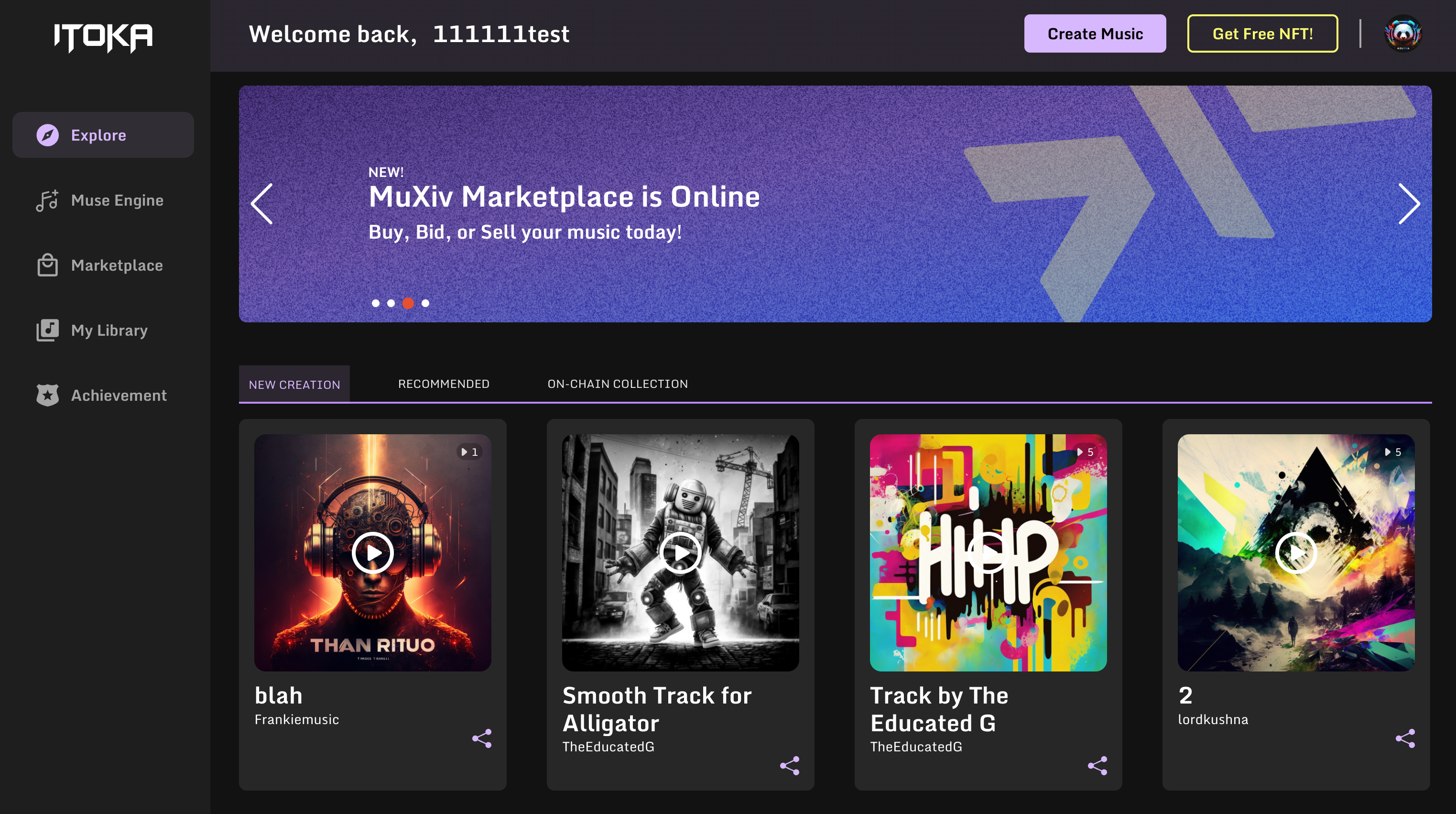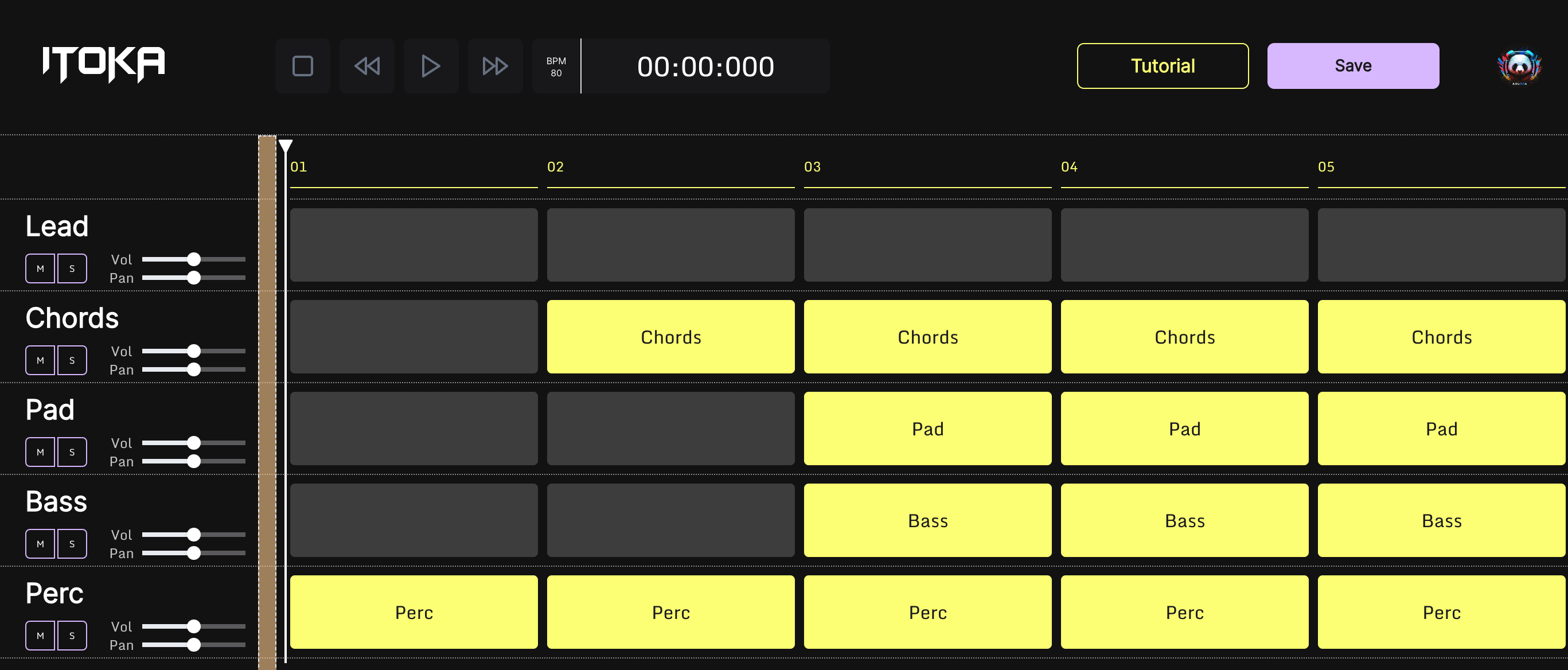AI-generated music is rapidly turning into a actuality. Due to instruments like Meta’s MusicGen, it is now doable to create semi-decent songs in a spread of kinds with out ever having to play an instrument, learn sheet music, or discover ways to use a DAW,
However whereas the inventive potential of AI generative music instruments is nothing wanting extraordinary, the instruments additionally threaten to upend the music business’s copyright establishment. Certainly, to “study” learn how to create new songs, the instruments have to be “skilled” on massive databases of present songs – not at all times with the artists’ blessing.
It is pitting musicians towards labels. Common Music Group has referred to as any AI-generated music that makes use of the voices of present artists a “fraud”. Then again, art-pop musician Grimes has vowed to permit her voice for use in AI music with out penalty.
The foundations for AI-generated music are murky proper now. A number of lawsuits pending within the courts will probably affect music-generating AI, together with one relating to the rights of artists whose work is used to coach AI techniques with out their information or consent. However it will likely be months earlier than the primary selections are made public and months extra, doubtlessly, if the instances are appealed.
Within the meantime, some startups, making an attempt to get forward of regulators, are developing with their very own requirements round generative music mental property. One is Itoka, who was just lately accepted into the Allen Institute for AI’s startup incubation program.
Itoka, co-founded by Malcolm Yang and Yihao Chen, seeks to “tokenize” music content material, particularly AI-generated content material, on the blockchain in order that creators can independently license that content material and obtain compensation each time. that it’s used. Itoka plans to briefly maintain possession of the songs and provides creators full licenses for his or her industrial use, whereas stopping plagiarism and “unlawful monetization” on its platform.
“Itoka is a decentralized music platform we developed to allow information self-sovereignty, music storage permanence, digital rights administration, international music accessibility, and creator governance,” Yang and Chen informed forexcryptozone in an e-mail interview. “We’re establishing a brand new paradigm for copyright safety that doesn’t depend on the bodily copyright workplace to implement authorized standing, however slightly on code-driven good contracts.”

Image credit: Itoka
If the thought of tying licenses to the blockchain — a shared, immutable ledger to trace property — sounds acquainted, that is as a result of Itoka is not the primary startup to try it.
Just some months in the past, the web3 Dequency undertaking launched a decentralized portal for music rights holders and creators that enables for seemingly simpler licensing and funds for content material. Across the identical time, music producer Justin Blau, also referred to as 3LAU, launched a music licensing service referred to as Royal, which collaborated with common rapper Nas to permit followers to amass songs. non-fungible tokens (NFTs) that gave them possession rights to a number of the artist’s tracks. Songs.
However alongside its blockchain-based licensing system, Itoka gives music creation instruments powered by AI fashions that generate music. And he plans to accomplice with musicians who contribute their work for AI coaching functions on a compensation plan.
“Sooner or later, everybody may have the ability to provide music, and there will likely be an enormous quantity of high quality music produced on daily basis for numerous functions,” Yang and Chen mentioned. “As music manufacturing turns into extra democratic, the institution of the present music business and its monopoly will likely be considerably undermined. It should encourage folks to rethink creativity and artistry in content material creation.
Itoka’s music era instruments, a minimum of as they exist at the moment, are easier than these lofty phrases may recommend.
After creating an account, customers can select from a number of genres and sentiments – together with “EDM”, “Hip Hop”, “Lofi”, and “Emotional” – to have Itoka’s engine mechanically generate a five-track music, background. After selecting the album artwork for the brand new music, Itoka launches customers right into a block-based composition interface, the place they’ll change points such because the music’s tempo, bass, and chords.

Image credit: Itoka
The AI is nowhere close to as strong or succesful as text-to-music techniques just like the aforementioned MusicGen. However Itoka emphasizes ease of use over customization.
As soon as a music has been created, it may be listed on Itoka’s Market for licensing. Yang and Chen declare that there have been over 1,900 songs generated by the platform up to now and people songs have been listened to for over 3 million minutes.
It is a respectable begin. However my query is, who’s going to license a library of AI-generated songs, particularly songs that sound comparatively generic in comparison with the typical royalty-free music library?
Yang and Chen say they’re focusing on recreation builders as considered one of their principal buyer segments – builders who would usually license from one of many greatest content material libraries. To that finish, Itoka has a partnership with Canva and “a number of recreation studios” – Yang and Chen would not say which of them – for content material licensing.
“Going ahead, we will likely be very happy to maneuver into different buyer areas and supply probably the most appropriate options and options,” Yang and Chen mentioned. “There are AI-friendly musicians on the market who would love to assist us push the boundaries of know-how and musical creativity, and we sincerely hope we will obtain greatness with them.”
Time will inform us.
